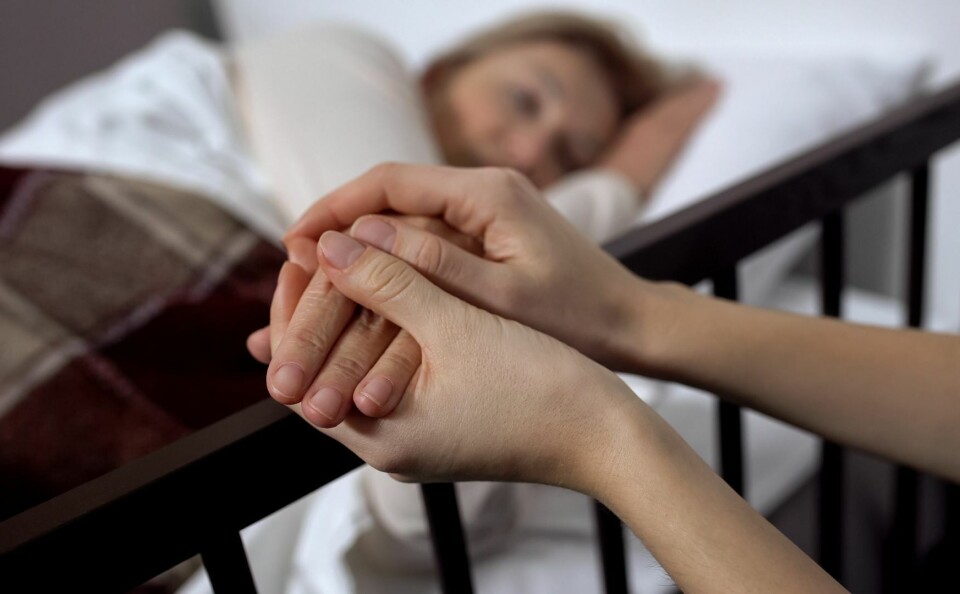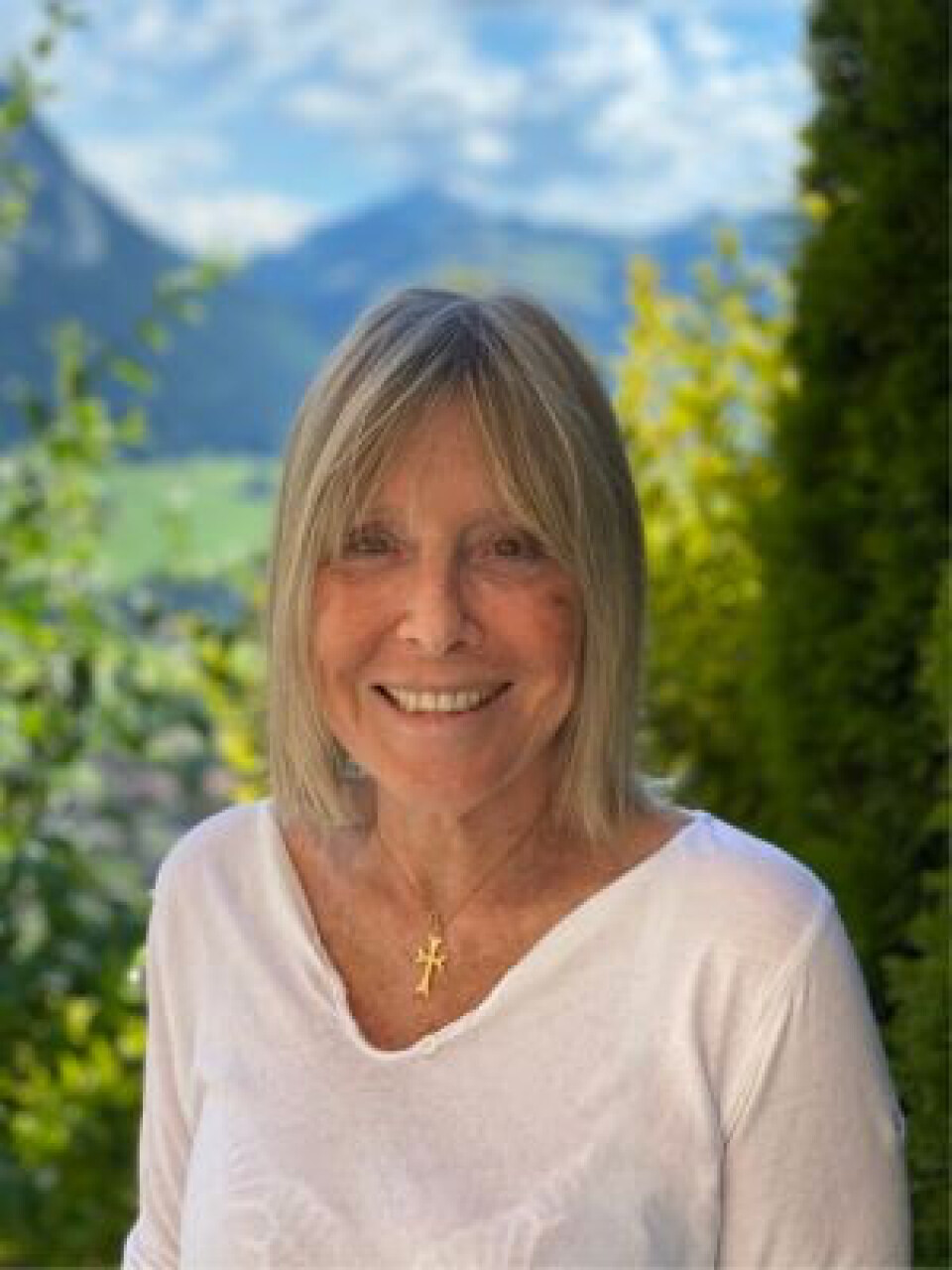-
Far-right MP suggests reopening of legal brothels in France
‘The current system is the height of bourgeois hypocrisy’, he has claimed
-
French couple must change windows after complaint over transparency
Replacement windows were the same size but glass used was transparent not translucent
-
New law to stop cold calls in France voted through in Assemblée
The new legislation is aiming to end ‘phone harassment’, but some say it will still be ineffective
‘Greedy families pushing an assisted death in France is nonsense’
We speak to the director of a pro-euthanasia group who welcomes the end-of-life legislation review, and we remember campaigner Jacqueline Jencquel

Article published May 1, 2023
A potential update of France’s assisted dying laws has been welcomed by pro-euthanasia groups, including the Association pour le Droit de Mourir dans la Dignité (ADMD).
However, its director general Philippe Lohéac insists the debate is not simply a black-and-white question of legalising assisted death.

Photo: Philippe Lohéac, director general of Association pour le Droit de Mourir dans la Dignité (ADMD) Credit: ADMD
“It’s about having the right to choose how we die. We should all have the right to a dignified death,” he says.
“We want euthanasia and medically-assisted suicide to be available because choice gives people dignity.
“It means people are respected, their choices are respected at the end of their lives. No one should have their death imposed. Everyone should be able to choose for themselves.”
At present, people are limited to palliative care, which is not always available.
“Of course, there should be universal access to palliative care, but also to an assisted death,” he argues.
Read more: Assisted dying should be legal, concludes French PM’s citizen debate
‘Dying people can make important decisions’
The argument that vulnerable people might be encouraged by greedy and unscrupulous families to opt for an unwanted and premature death is nonsense, he adds.
“People approaching the end of life are not children. They are not feeble. They can make important decisions. And also, medical teams are trained to support patients making complex decisions.”
The association strongly believes that dying people should decide their treatment plans themselves.
“It should not be imposed by either their doctors or their family, except, of course, in cases where they have never expressed an opinion and subsequently become legally incapable of making a decision.”
‘Some people die in agony’
Mr Lohéac points out that medically-assisted death is already available in Belgium, Holland, Spain, Portugal, Switzerland, Austria, Germany, Canada, New Zealand, South Korea and 11 states in America.
“These countries are not full of families urging their parents to kill themselves.
“Families overwhelmingly want their relatives to live as long as possible, and doctors are not stupid.
“Do you think they would fail to recognise coercion? In fact, legalising assisted death would provide more legal checks and balances, rather than fewer.”
He points out that people already make serious decisions about life and death – for example, when deciding whether to continue an unplanned pregnancy.
He also argues that palliative care cannot always alleviate extreme pain.
“Some people experience agony before they die. Why shouldn’t they be able to bypass that?
“In any case, death is inevitable. We will all end up dead sooner or later, so we shouldn’t be afraid of looking at it and dealing with it.”
‘Controlling your destiny gives dignity’
He says it is interesting that in Holland only about half of patients who request a medically-assisted death actually go through with it.
“Just knowing it’s there as an escape if things get really bad gives people the courage and strength to continue.”
It could also reduce premature suicides, he suggests, where people feel obliged to kill themselves while they are still able to do it unassisted.
“Having control of your own destiny, right until the end of life, gives people so much more hope, and dignity.”
Campaigner ended life at home
The Connexion spoke several times in 2018-20 to Jacqueline Jencquel, a former vice-president of ADMD, who said she believed people should be able to opt out from the ‘winter’ of life, from age 75.

Photo: Jacqueline Jencquel, a former vice-president of ADMD; Credit: Supplied by Jacqueline Jencquel
Ms Jencquel, aged 74 when we first spoke to her, was looking into ending her own life in Switzerland, where the rules allow assisted suicide.
She had no life-threatening conditions, but said she wished to die before becoming dependent, decrepit and losing her enjoyment of life.
She also wanted to act while she was still mentally able to make a lucid choice.
After postponing her plans several times, she ended her life by suicide, alone, with a lethal dose of a sedative a year ago, saying in a last blog entry that she would rather die at home in Paris than “in exile”.
She hoped French laws would change and others could die at the time of their choosing, surrounded by family.
Related articles
French citizens’ council votes for assisted dying (with conditions)
France assisted dying bill blocked by 5 centre-right party MPs
























